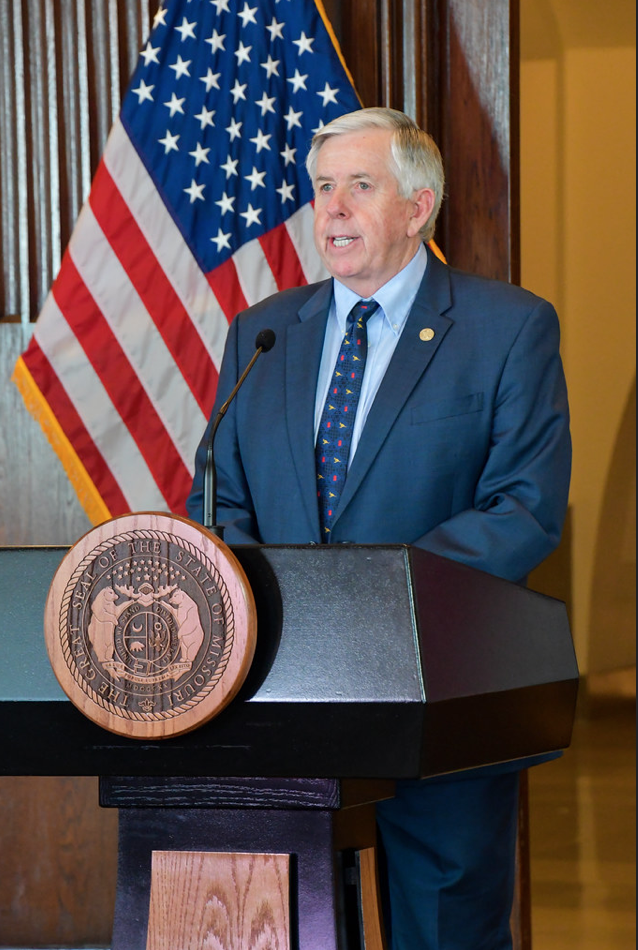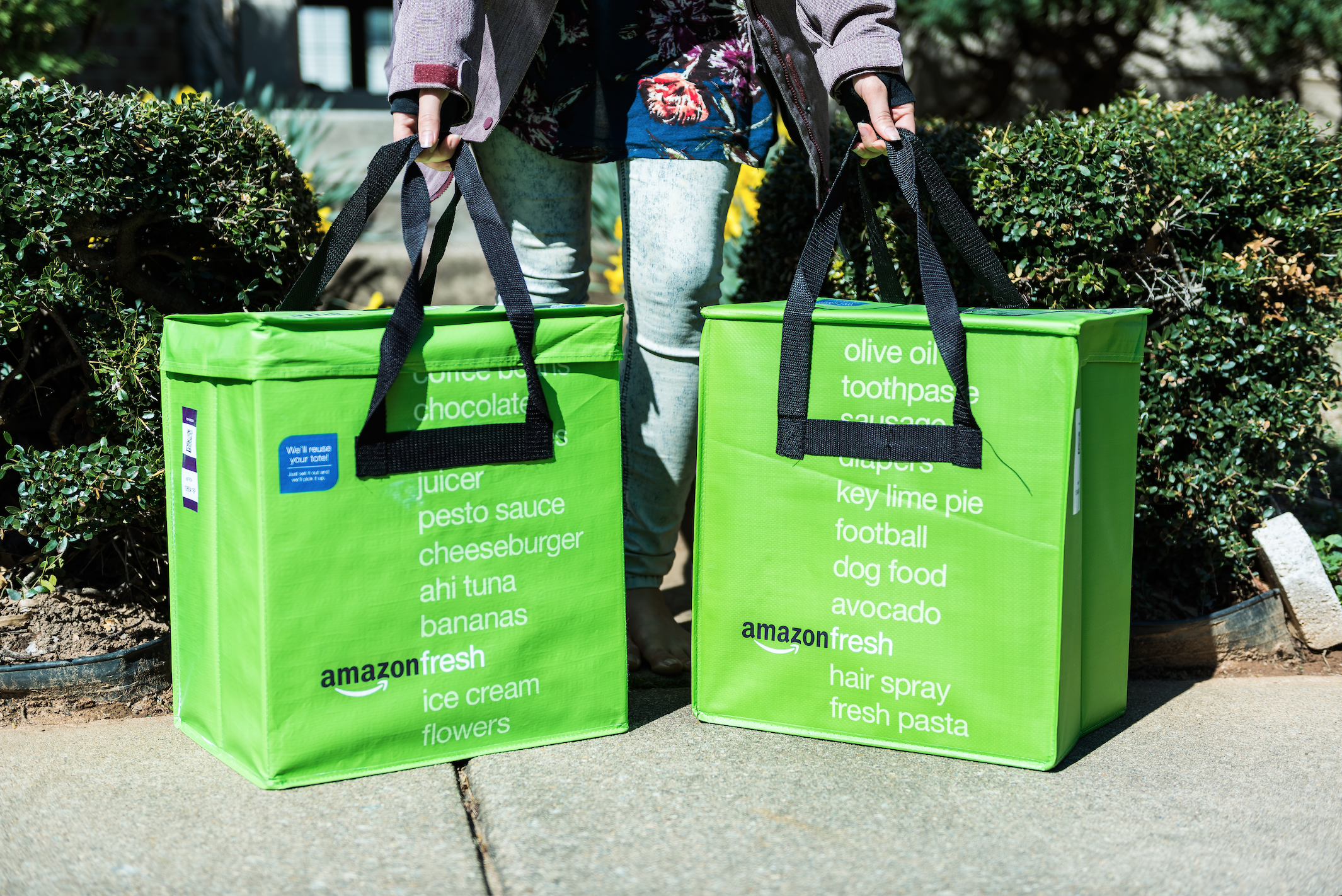Recent efforts to include Missouri in a federal program that would allow people to purchase groceries online with Supplemental Nutrition Assistance Program (SNAP) benefits got a nod from Gov. Mike Parson Thursday.
As more than 5,100 Missourians have tested positive for coronavirus and a statewide stay at home order is in place, people have been strongly encouraged to buy essential items through alternative methods, including pick-up or delivery services.
However, those with SNAP benefits are barred from using them for online grocery purchases.
Parson, a Republican, said the state is looking at a variety of waivers “to make it easier for people” to purchase groceries while social distancing.

“Even in the SNAP arena where they can get [groceries] and get it home without being out is something that’s important to us, and I think we’re going to try to work with them as much as possible to get that done,” Parson told The Missouri Times Thursday.
Last week, the Department of Social Services (DSS) confirmed it was putting together an application to be included in a small federal pilot program allowing people to pay with SNAP EBT online. Only six states are included in the SNAP Online Purchasing program so far: New York, Washington, Alabama, Iowa, Oregon, and Nebraska. (The last four states have joined since March 2020.)
The U.S. Department of Agriculture’s (USDA) Food and Nutrition Service has also given the green light for Arizona, California, Florida, and Idaho to move forward with allowing online purchasing. Full programs are expected to be implemented by May 2020 for those states.
As of Thursday, there was no concrete update on Missouri’s submission. DSS did not immediately respond to a request for comment.
State Rep. Kip Kendrick, a Democrat whose district encompasses the Columbia area, has emerged as a strong advocate for getting Missouri into the program. He’s appealed to DSS and Missouri’s U.S. senators for help.
“I appreciate the Governor’s support of the waiver request being submitted to the USDA,” Kendrick said in a text message. “I also appreciate DSS’s work on addressing this critical issue. This is just another example of red tape we can cut through to improve the health and safety of Missourians.”
In a prior interview with The Missouri Times, Kendrick noted the inability to use SNAP benefits for online purchases greatly impacts at-risk individuals and single parents who might need to bring children into the store.
Under the program, only eligible food can be bought using SNAP benefits. Delivery fees and other related charges are not covered by SNAP benefits, the USDA said.
More than 750,000 Missourians had SNAP benefits per month in 2017, according to data from the USDA. The Missouri Budget Project estimates the number of people requiring food assistance during the coronavirus pandemic will at least equal — if not surpass — the quarter-million increase during the Great Recession.
As businesses remain closed during the persisting global pandemic, Missouri saw more than 101,700 initial unemployment claims just last week. The state totaled more than 91,000 claims the week prior with at least 76,000 of those related to coronavirus. The previous week saw 104,230 claims with more than 89,000 related to COVID-19.
“Missourians are being asked to stay home to protect their own health and safety, and others in their communities. Making sure they can still get the things they need during this emergency while doing their part to stop the spread of the coronavirus is just common sense,” U.S. Senator Roy Blunt previously told The Missouri Times. “I will continue working with the Missouri Department of Social Services to ensure they have the resources and flexibility they need to help families respond to the challenges they’re facing.”
Missouri has been under a stay at home order since April 6, but grocery stores have remained open. Many have dedicated at least an hour each morning for elderly, pregnant, and other at-risk individuals to shop. Stores have put out social distancing remainders, erected plexiglass at checkout counters, and encouraged patrons to wear masks.
Parson extended that order on Thursday through early May.
EDITOR’S NOTE: For up-to-date information on coronavirus, check with the CDC and DHSS.

Kaitlyn Schallhorn was the editor in chief of The Missouri Times from 2020-2022. She joined the newspaper in early 2019 after working as a reporter for Fox News in New York City.
Throughout her career, Kaitlyn has covered political campaigns across the U.S., including the 2016 presidential election, and humanitarian aid efforts in Africa and the Middle East.
She is a native of Missouri who studied journalism at Winthrop University in South Carolina. She is also an alumna of the National Journalism Center in Washington, D.C.
Contact Kaitlyn at kaitlyn@themissouritimes.com.































